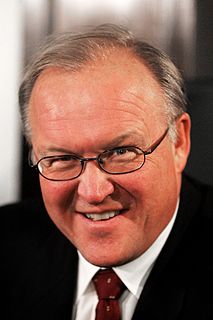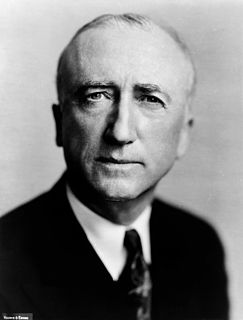A Quote by Antonio Guterres
The United Nations needs to be nimble, efficient, and effective.
Related Quotes
Today, our planet demands a more effective, efficient, transparent and representative United Nations; a UN where all societies of the world have greater participation. The UN must then, dare to change in order to improve. In Mexico, we firmly believe that the UN has all the powers to be more daring and to renovate itself.
It was just one year ago that the world saw this new, invigorated United Nations in action as this Council stood fast against aggression and stood for the sacred principles enshrined in the U.N. Charter. And now it's time to step forward again, make the internal reforms, accelerate the revitalization, accept the responsibilities necessary for a vigorous and effective United Nations. I want to assure the members of this Council and the Secretary-General, the United Nations can count on our full support in this task.
What the world needs today is a definite, spiritual mobilization of the nations who believe in God against this tide of Red agnosticism. It needs a moral mobilization against the hideous ideas of the police state and human slavery. I suggest that the United Nations should be reorganized without the Communist nations in it. It is a proposal based solely upon moral, spiritual and defense foundations. It is a proposal to redeem the concept of the United Nations to the high purpose for which it was created. It is a proposal for moral and spiritual cooperation of God-fearing free nations. And in rejecting an atheistic other world, I am confident that the Almighty God will be with us.
There are many who criticise the United Nations. And those of us who know this institution well know that it is not immune from criticism. But those who argue against the United Nations advance no credible argument as to what should replace it. Whatever its imperfections, the United Nations represents a necessary democracy of states.
Everybody knows that the United Nations is not the Secretary-General; he has an important position, but the United Nations is the states within this organization, and to be frank, most of the people say only the five permanent members; this is the United Nations because they have the veto, they can do whatever they want and they can refuse whatever they want, and if there's a reform that is very much needed for this organization.
The founders of the United Nations expected that member nations would behave and vote as individuals after they had weighed the merits of an issue - rather like a great, global town meeting. The emergence of blocks and the polarization of the United Nations undermine all that this organization initially valued.































